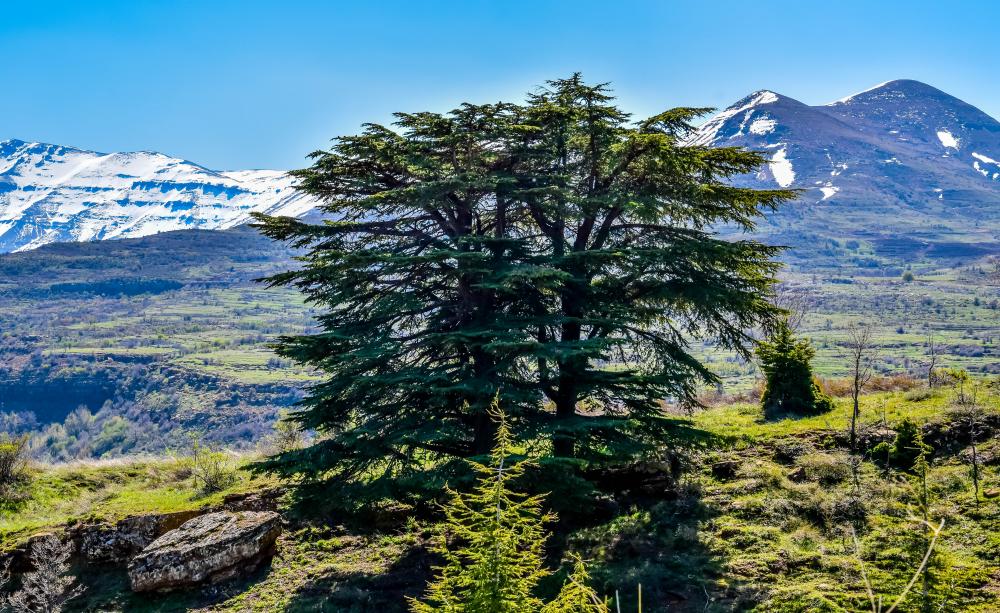

The Cedars of God located in Bsharri, Lebanon are one of the last vestiges of the extensive forests of the Lebanon cedar trees that once thrived across Mount Lebanon. This ancient forest is of great historical, cultural, and religious significance, often cited in the Bible and used in various ancient civilizations for building religious temples and palaces. Recognized as a UNESCO World Heritage Site since 1998, the Cedars of God stand as a testament to the country’s rich past and ecological diversity.
The history of tourism in the Cedars of God intersects with the history of Lebanon itself. The majestic forest has attracted visitors for centuries. During the 19th and early 20th centuries, European adventurers, writers, and religious pilgrims traveled to the Cedars of God, marveling at the beauty and historical relevance of the trees, some of which are over 2,000 years old.
As Lebanon emerged as a tourist destination in the 1950s and 1960s, known as the "Switzerland of the East," the Cedars of God became an essential part of the Lebanese tourism circuit. However, tourism suffered during the Lebanese Civil War between 1975 and 1990. After the war, the site saw a gradual return of domestic and international visitors, as Lebanon rebuilt its tourism industry.
In recent years, responsible tourism initiatives have been a focus, aimed at preserving the delicate ecosystem around the Cedars while allowing people to enjoy their beauty.
Lebanon's tourism industry has faced challenges in recent years, including political instability and economic difficulties, particularly the financial crisis that gripped the country from 2019 onwards. However, the Cedars of God continue to attract visitors with their timeless appeal and profound historical importance.
The latest trends in tourism at the Cedars of God and Lebanon as a whole are:
Travelers to the Cedars of God can expect an experience that transcends mere sightseeing. Walking among these ancient trees—some even named after famous figures such as the “Cedars of God”—provides a profound sense of connection to history and nature. The nearby town of Bsharri also offers cultural experiences and insight into the life and work of the famous poet Khalil Gibran.
Preservation efforts continue to be crucial for the sustainability of the Cedars of God. Visitors are encouraged to respect the pristine nature of the forest and to support conservation efforts by engaging with local guides and services that prioritize the environment.
Whether you are a history buff, nature lover, or seeking a spiritual retreat, the Cedars of God in Lebanon offers a unique and unforgettable adventure that has stood the test of time, just like the trees themselves.